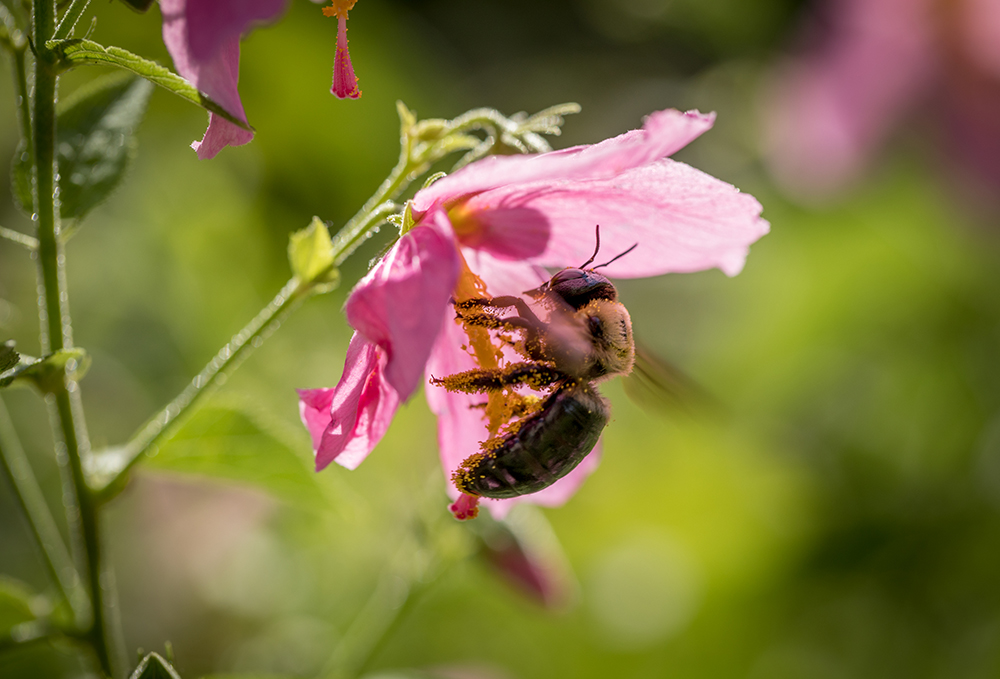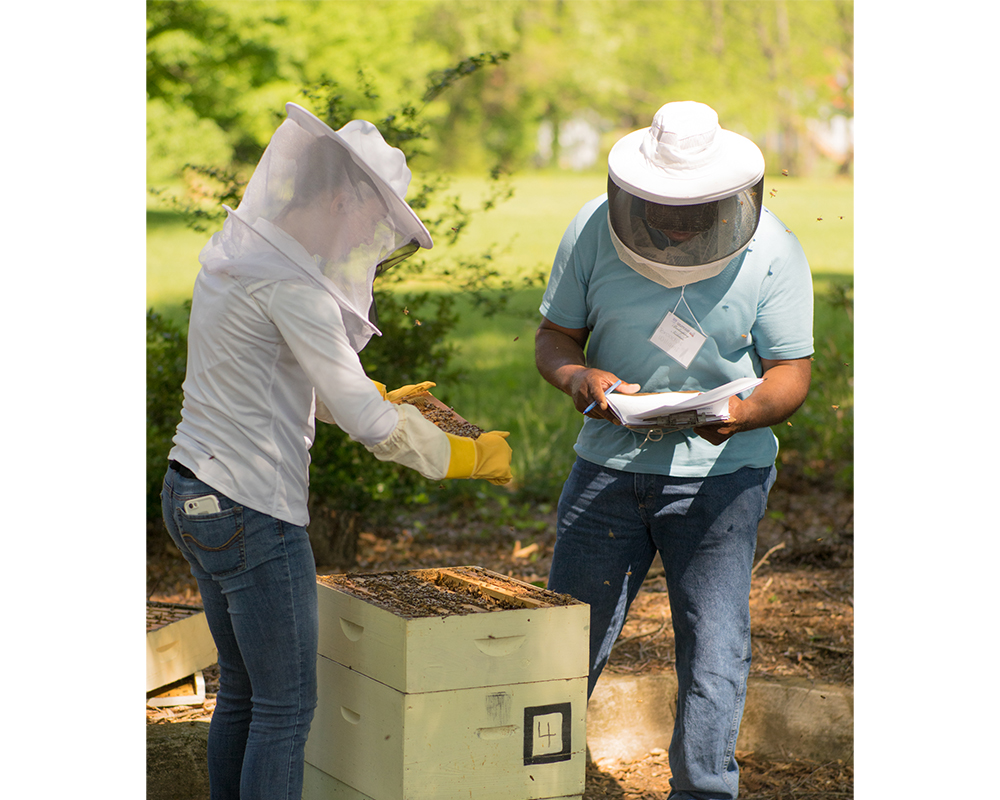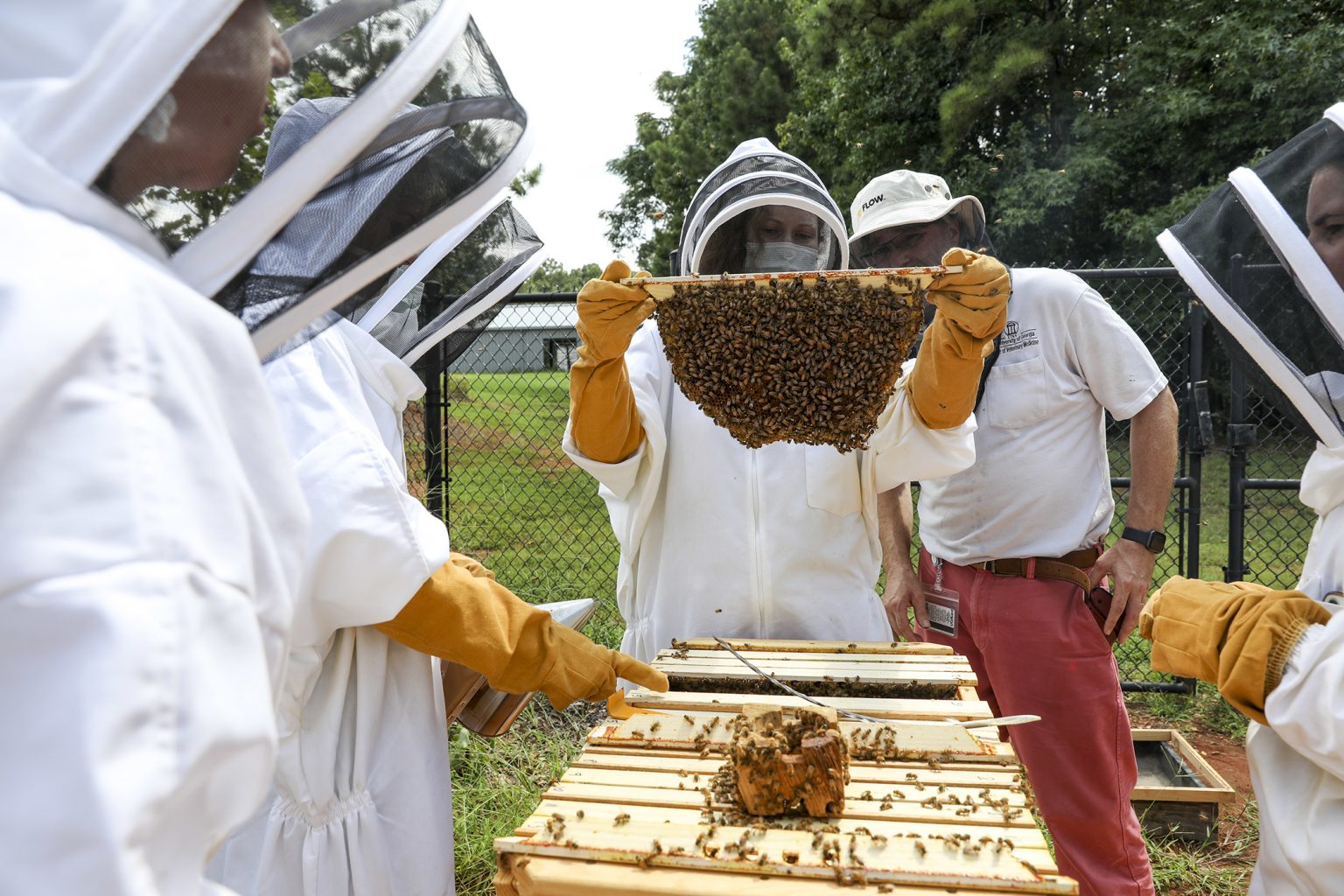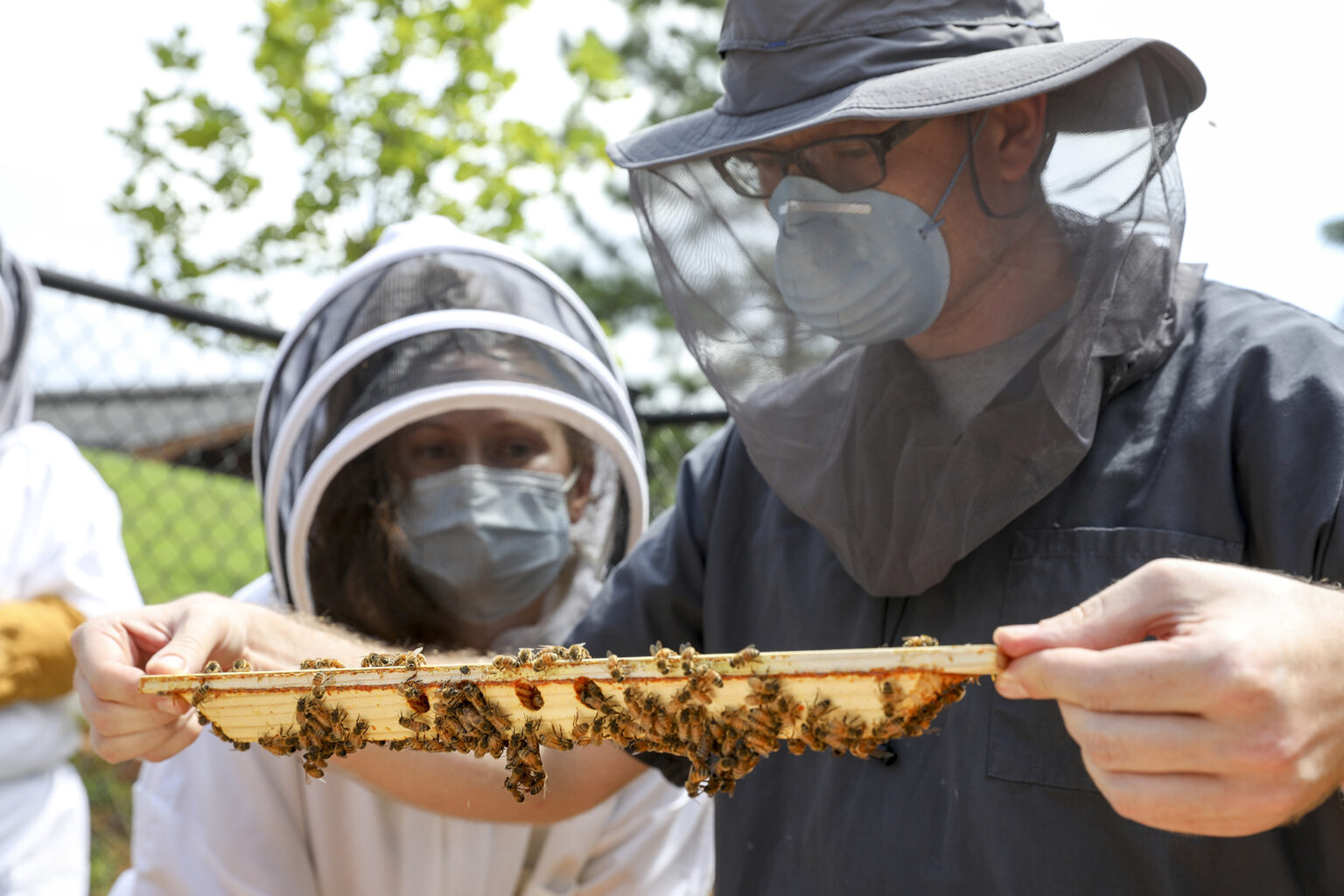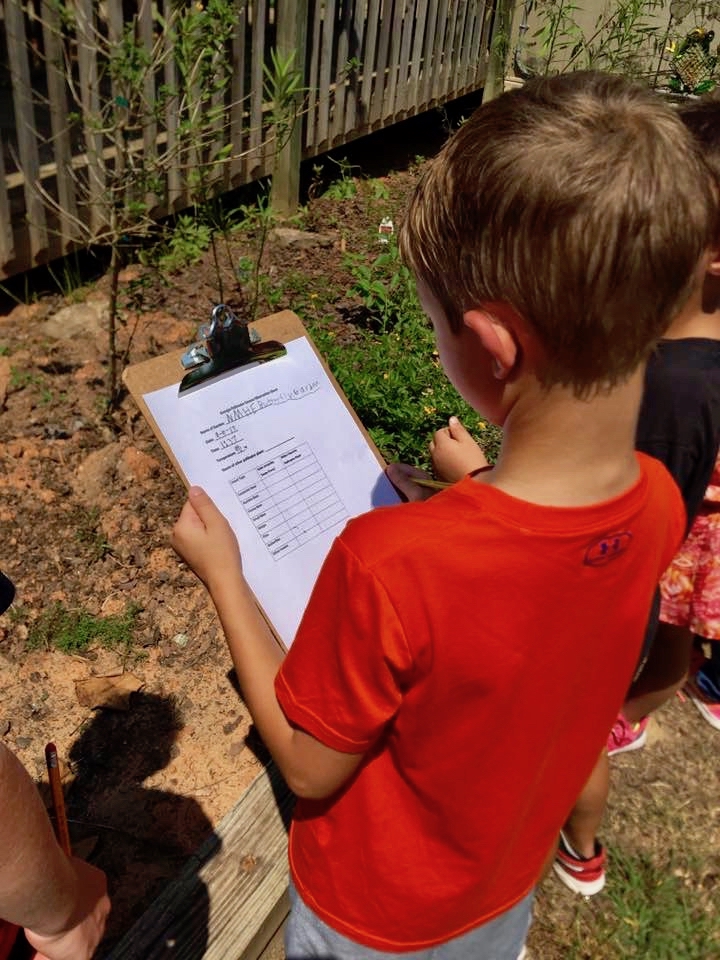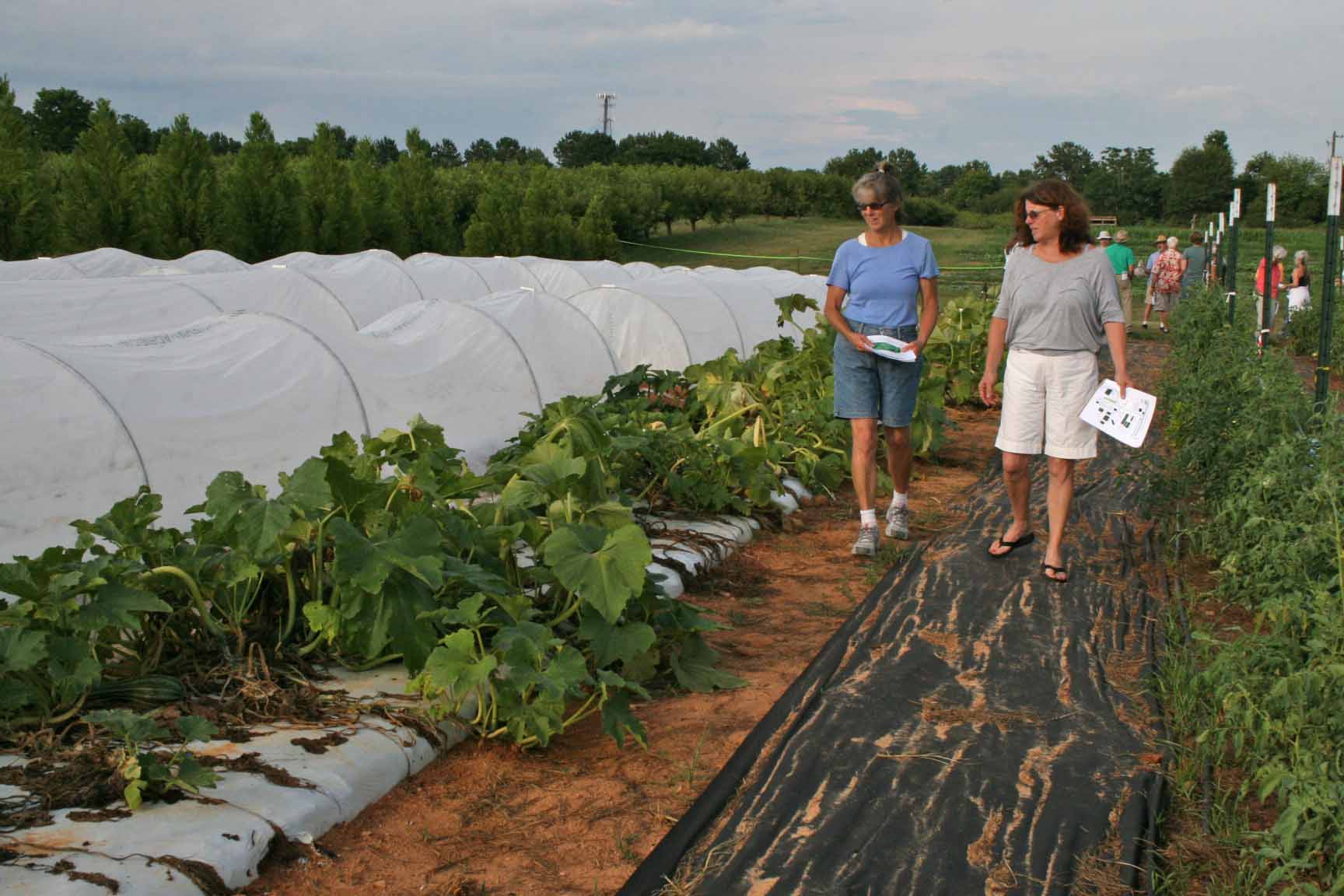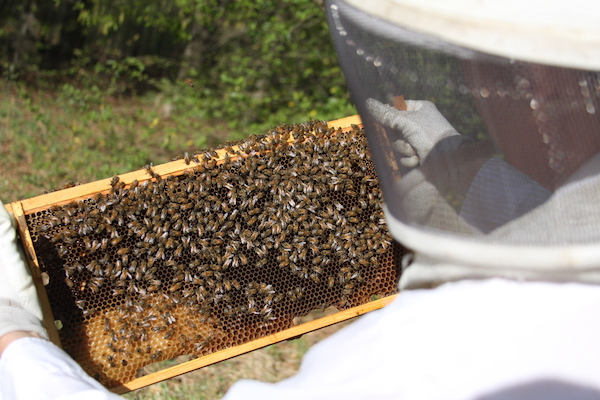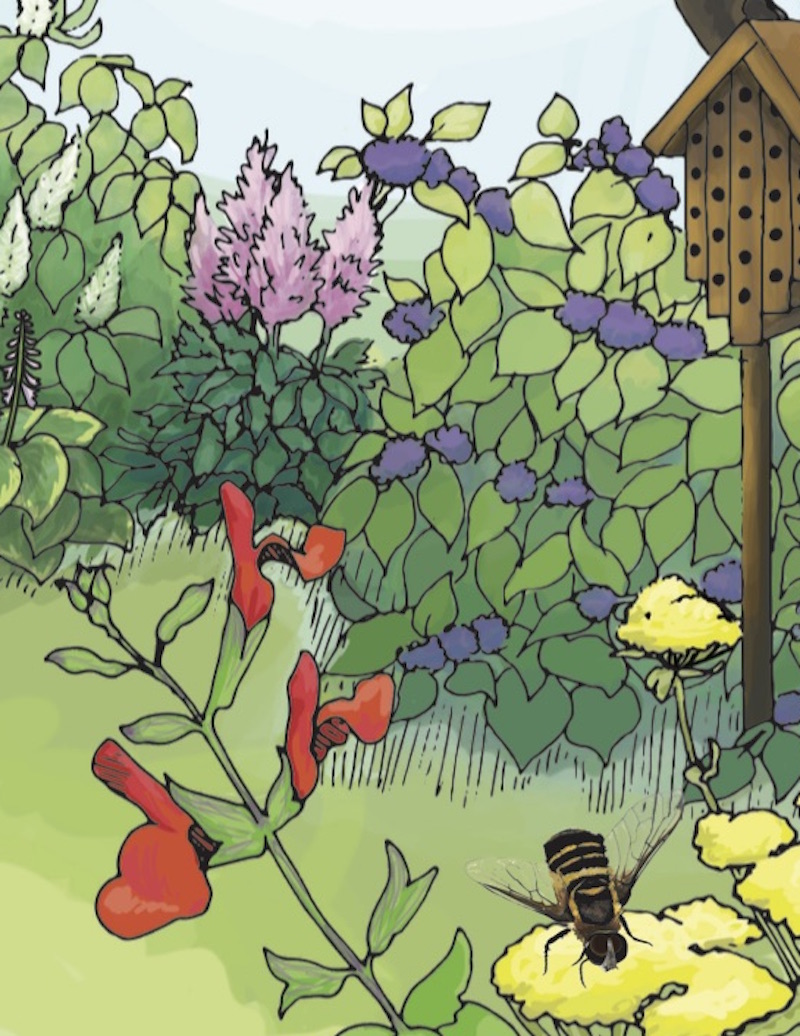.png) CAES News
CAES News
Pollinator Prep
Pollinator conservation does not stop when the weather turns cool. There are a few items you can add to your pollinator to-do list for the fall and early winter to help pollinators next spring.

